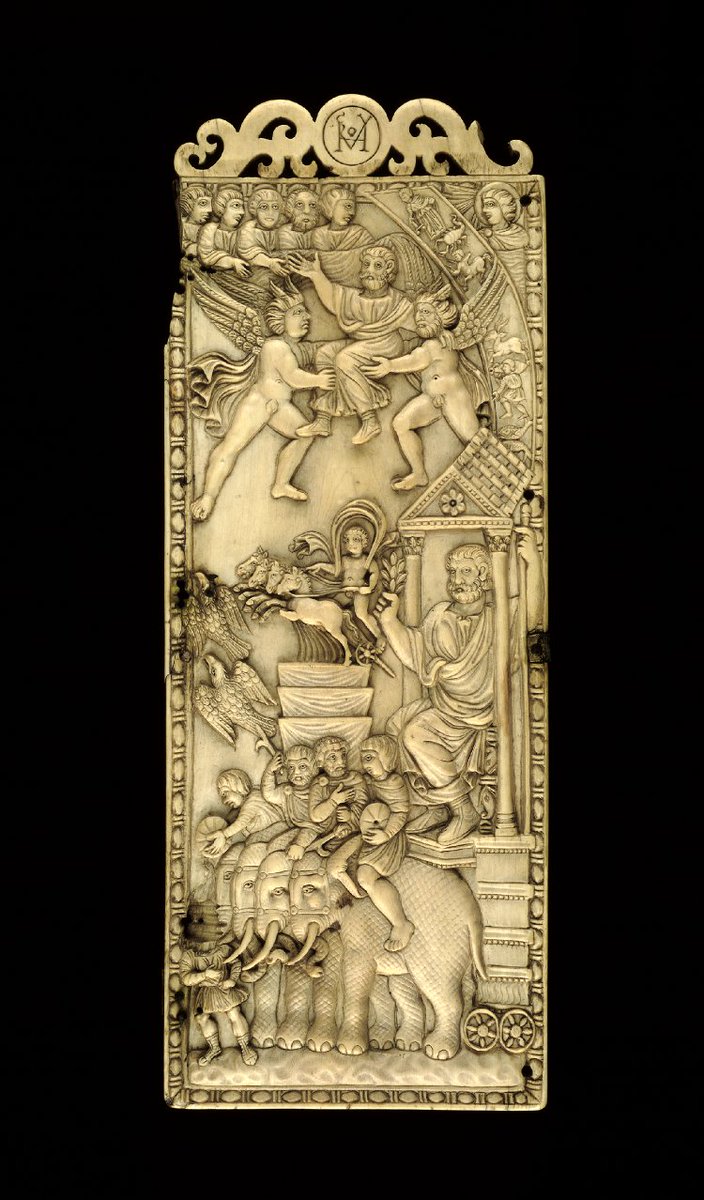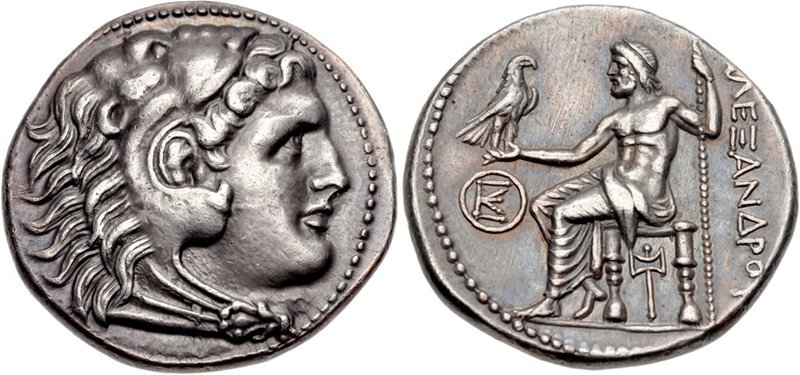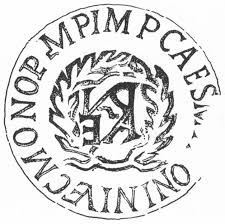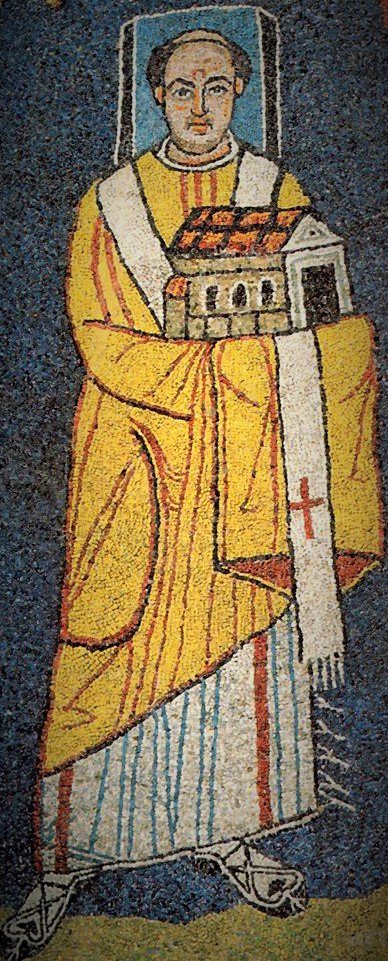@ACDH_OeAW
'club' - contributed to Italie volume, 20th century project, optimistic, create a complete and definitive product, very slow work
2000 people+ for Italie. Geographical divisions - important.
"Early Modern Places (EM Places) is a collaboratively curated, historical geo-gazetteer for the sixteenth- to eighteenth-century under development by the Cultures of Knowledge project at Oxford University"











